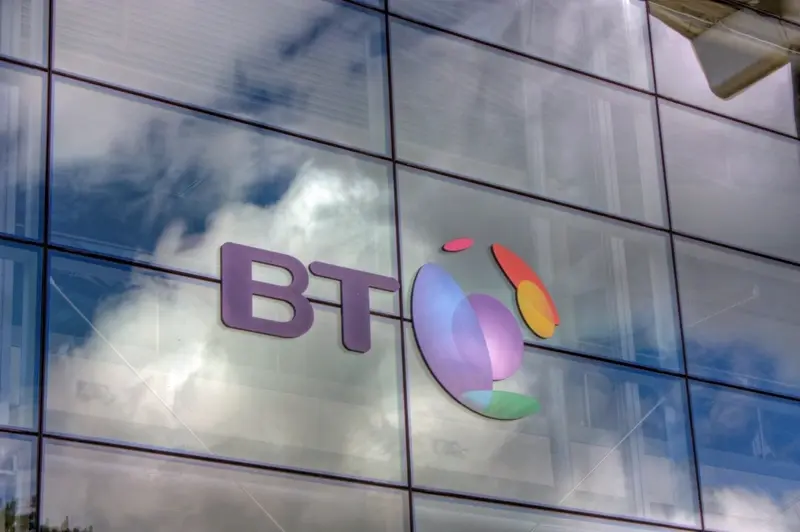
- Seeks £500 million of extra cost savings
- Dividend forecasts are already set at zero growth
- Free cash flow expected to fall sharply after this year
That BT (BT.A) is being fiercely squeezed by rising costs as it expands its broadband network is not surprising. Energy prices have surged, it is facing a disgruntled workforce who want more pay in the current inflationary environment while faster-than-expected fibre take-up is putting pressure on capital expenditure.
But news that it is looking for an extra £500 million in savings as it cuts its cloth accordingly poses questions for shareholders who own the stock for the dividends. Normally, an announcement that it is going to find an additional £500 million of cost savings would be applauded by investors, but that’s not the case now.
BT SHARES FALL SHARPLY
After today’s 7% fall in the share price to 118.3p, the income yield stands at 6.5%. That would ordinarily be attractive to income seekers, having restarted the payout after suspending dividends during the teeth of the pandemic.
‘There are a lot of demands on BT’s cash, such as the need to invest heavily to improve its infrastructure and to deal with significantly increased energy prices,’ says Russ Mould, investment director at AJ Bell, and this raises questions of sustainable dividend growth.
‘Broadband market growth has slowed, industrial action has disrupted the company, and free cash flow is expected to be at the lower end of its target,’ said Mould, in the £1.3 billion to £1.5 billion range.
BT reported pre-tax profit of £0.8 billion for the first half to 30 September 2022, down 18%, while revenue climbed a dismal 1% to £10.4 billion.
Analysts at Numis were already anticipating zero growth in the shareholder payout for the foreseeable future, with forecasts fixed at 7.7p per share out to the March 2025 financial year. With the strain on cash flows growing, can investor rely on even that?
CASH FLOW CUSHION EVAPORATES
Numis projects that BT will generate around £930 million of free cash flow this year (to March 2023), which gives it wriggle room with dividends set to cost about £765 million. But FCF is forecast to fall steeply in 2024 and 2025, to around £544 million and £664 million, wiping out the current cushion.
As AJ Bell’s Mould points out, BT already faces a tough job, which is set to get even more difficult as it is forced to find more places to slash costs. ‘There is a danger it cuts too far, and service suffers,’ he says, and that could make for some difficult dividend decisions down the line.
DISCLAIMER: Financial services company AJ Bell referenced in this article owns Shares magazine. The author of this article (Steven Frazer) owns shares in AJ Bell.





